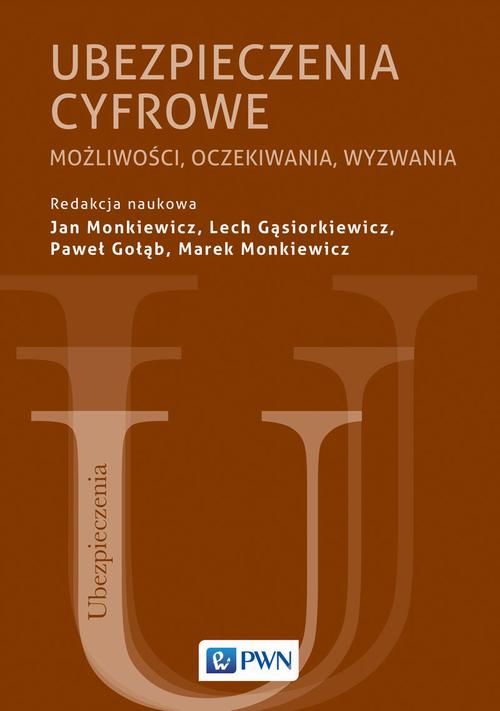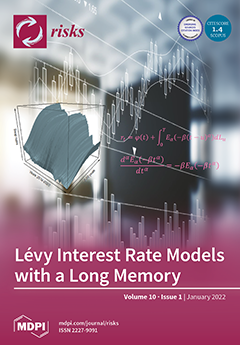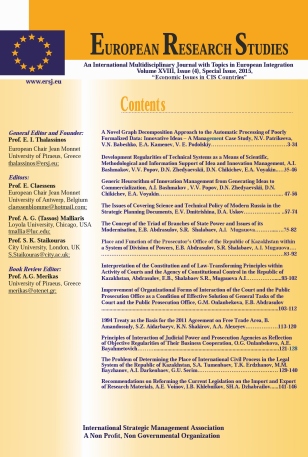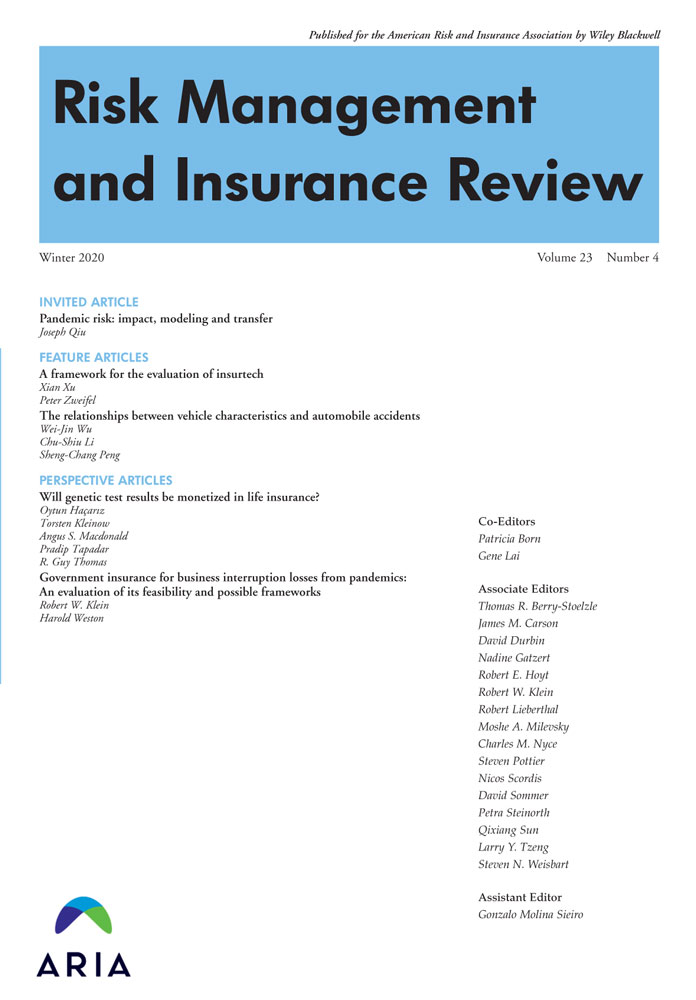The exam results [110470-P] are now available in Teams and USOS.
Concentration on the non-life insurance market in Poland
Based on Herfindahl-Hirschman Index non-life insurance market concentration in Poland has remained moderate since 2010, with the top ten insurers making up 86,5 percent of the market.
Does it mean the market was entirely dominated by the ten largest insurers?
The data includes only the domestic insurers. At the end of 2020 there were 32 insurance companies registered in Poland and 22 active foreign companies. How much is foreign business taking from the market?
Digital insurance products: on demand and usage-based

Abstract
The chapter deals with issues related to digital insurance offered on demand and in the usege-based formula. The purpose of this chapter is to describe the essence of these types of insurance, their characteristics and the state of development. The chapter consists of three basic parts. The first part focuses on the description of the essence of on-demand insurance.
Risk Self-Selection and the Concept of Equilibrium in a Competitive Insurance Market
Journal article in Risks

Did you know that thanks to the self-selection induced by the possibility of driving behaviour monitoring, the insurance industry can minimise the negative effect information asymmetry has on the motor insurance market. This can be achieved, for example, by observing the choices made by the insured after being offered a new voluntary contract with a premium based on telematics data.
Macroeconomics II – final exam
The Macroeconomics II final exam has been postponed to January 17 (Monday) and will take the form of a standard (non-online) exam.
Insurance telematics and its effect on the equilibrium on the motor insurance market

The main objective of the book is to assess the potential consequences of the use of insurance telematics to reduce the effects of information asymmetry on the Polish market of compulsory motor insurance. The conducted research consisted in describing the expected behaviour of the models of the mandatory motor insurance market in relation to different systems regarding the use of telematics by insurers
Rector’s Day
On April 30th, 2021 (Friday) due to the Rector’s Day all classes will be cancelled.
The value of privacy – empirical research, using drivers as an example
Journal article in European Research Studies Journal

Did you know that 75% of the insured who would allow the possibility of concluding a UBI type contract at all would expect a discount of up to 30% of their current premium? While a maximum of 15% discount relates to as many as 37,45% of the respondents. The factors like gender, age, education, and place of residence of the respondents influence the level of expectations.
Cancellation of classes
On April 1st, 2021 (Thursday) 121260 – Insurance classes will be cancelled.
Usage-Based Insurance and its acceptance: an empirical approach
Journal article in Risk Management and Insurance Review

Abstract
This study aims to explore the motor insurance market’s attitude towards usage-based insurance (UBI), and thus its readiness for a launch in the near future. Data on client perception was collected using a structured questionnaire. On the basis of this, an initial selection of factors, other than income, that could influence the declared attitude of drivers was demonstrated showing that it is primarily dependent on certain demographic characteristics like their age, sex, or place of residence.

